anyone here familiar with cedarcide?
emorems0
10 years ago
Related Stories

DECORATING GUIDESThe Cure for Houzz Envy: Guest Room Touches Anyone Can Do
Make overnight guests feel comfy and cozy with small, inexpensive niceties
Full Story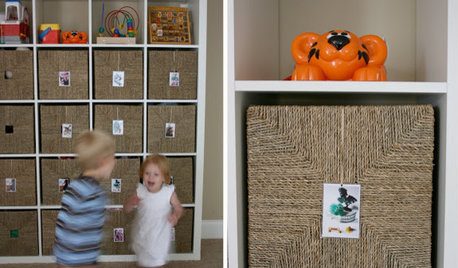
LIFERelocating? Here’s How to Make Moving In a Breeze
Moving guide, Part 2: Helpful tips for unpacking, organizing and setting up your new home
Full Story
ARCHITECTURENew Construction in Minneapolis Keeps a Familiar Face
With the same exterior look of the previous home on its lot, this new build minimizes disruption while incorporating modern improvements
Full Story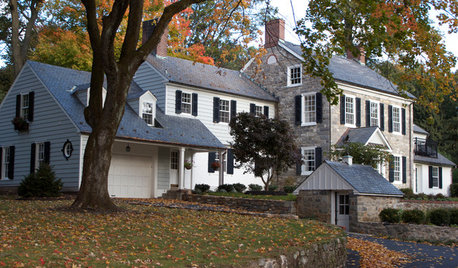
HOUSEKEEPINGIt’s Time to Clean Your Gutters — Here’s How
Follow these steps to care for your gutters so they can continue to protect your house
Full Story
REMODELING GUIDESBreakthrough Budgeting Info: The Houzz Real Cost Finder Is Here
Get remodeling and product prices by project and U.S. city, with our easy-to-use interactive tool
Full Story
LIGHTINGReady to Install a Chandelier? Here's How to Get It Done
Go for a dramatic look or define a space in an open plan with a light fixture that’s a star
Full Story
VINTAGE STYLEGive the Vintage Globe Trend a New Spin
Chart new design territory with the familiar globe trend by seeking unusual sizes, color palettes and display places
Full Story
LANDSCAPE DESIGNArt Brings a New Experience to Modern Home Exteriors
Sculptures and paintings on a home's exterior can create impact and interest before anyone even steps inside
Full Story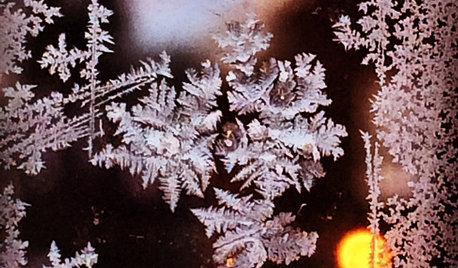
LIFEPolar Vortex: How Houzzers Are Coping With the Storm
Spirits are staying high even as the mercury plunges to new lows. Do any of these firsthand accounts sound familiar?
Full Story
REMODELING GUIDESCork Flooring 101: Warm Up to a Natural Wonder
Comfortable, sustainable and easy on the eye, cork has a lot going for it. Use our guide to get familiar with this natural flooring material
Full Story





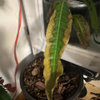
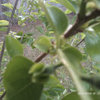
copingwithclay
emorems0Original Author
Related Professionals
Derry Landscape Architects & Landscape Designers · Arlington Landscape Architects & Landscape Designers · River Forest Landscape Architects & Landscape Designers · Norwood Landscape Contractors · Peabody Landscape Contractors · Broadlands Landscape Contractors · Live Oak Landscape Contractors · Mastic Beach Landscape Contractors · Mesa Landscape Contractors · New Berlin Landscape Contractors · Newnan Landscape Contractors · Panama City Beach Landscape Contractors · Pueblo West Landscape Contractors · Stony Brook Landscape Contractors · Vermilion Landscape Contractors